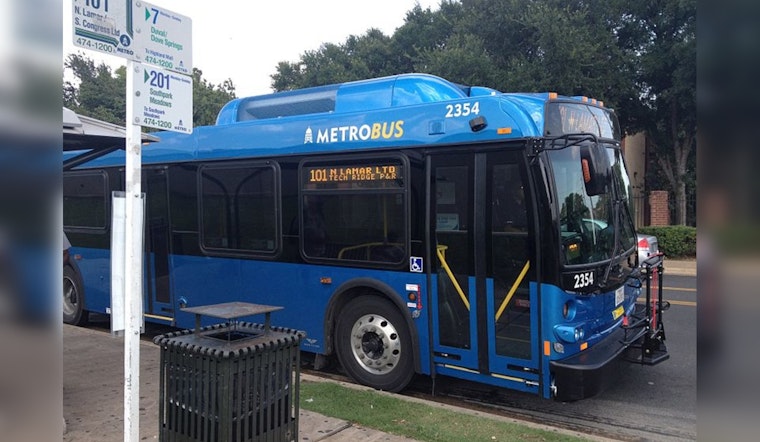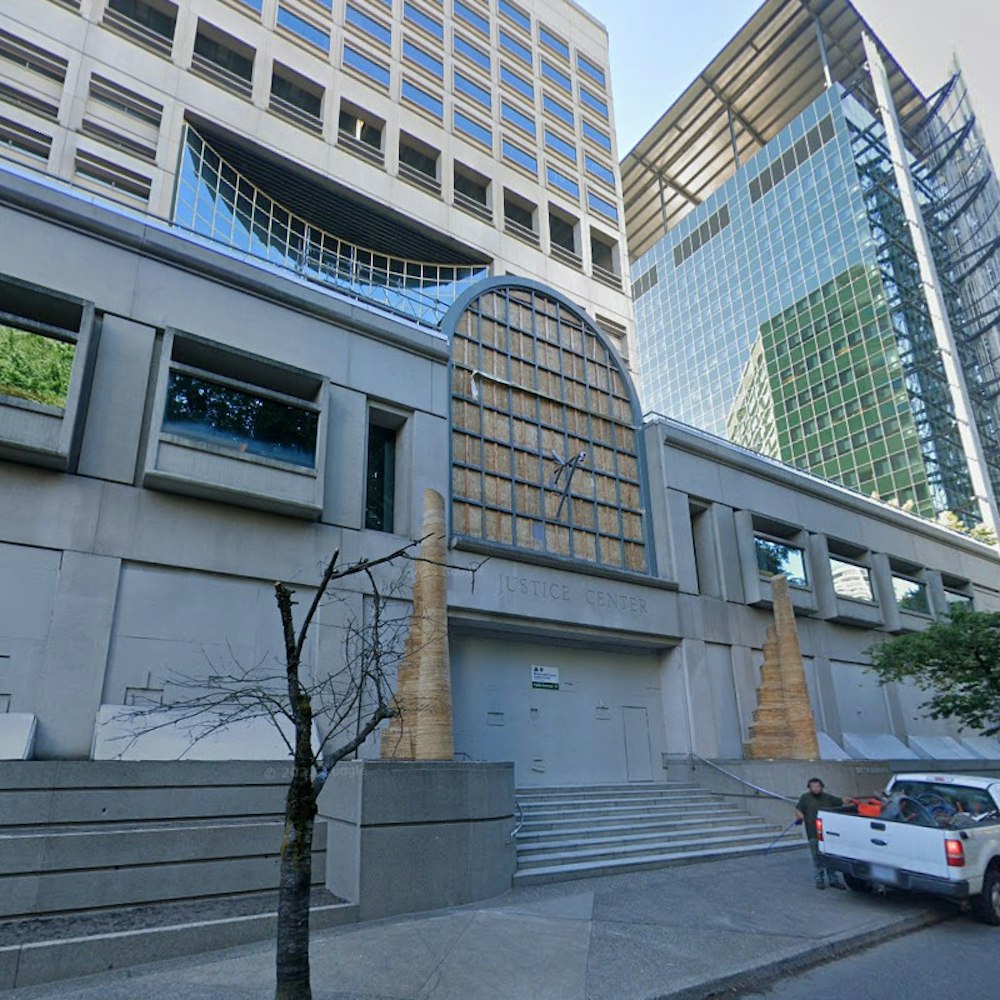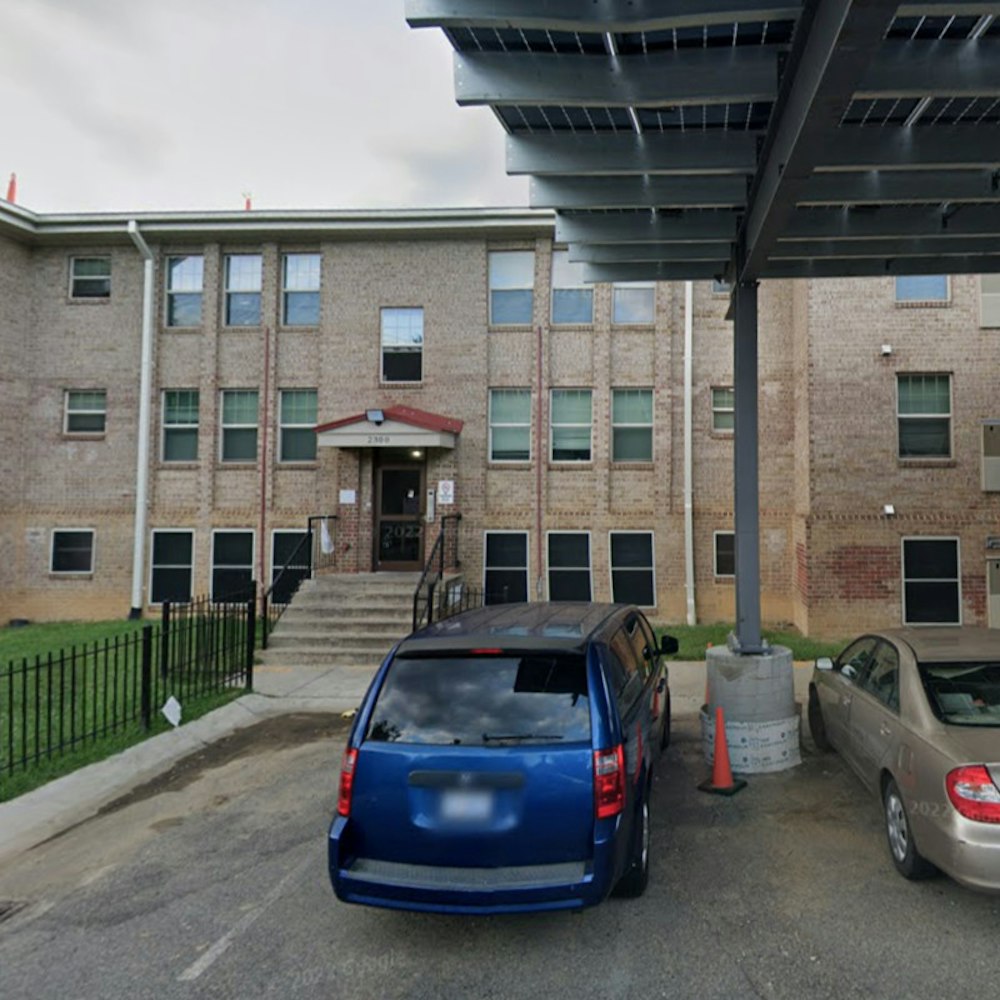
In a move to bolster Austin's efforts for sustainable development and affordability, CapMetro, the city's transportation authority, has secured a $1.5 million federal investment. This grant is designated to facilitate the development of affordable housing in the proximity of Crestview Station in north Austin, a strategic hub for CapMetro's rail and bus network. The allocation, made known by U.S. Rep. Lloyd Doggett, springs from the Federal Transit Administration's Pilot Program for Transit-Oriented Development Planning, as per KXAN.
In conjunction with this housing initiative, CapMetro has also announced a high-tech plan to start to autonomously operate one of its electric buses. This $1.26 million project, as reported by Austin Business Journal, involves a consortium of technology firms and aims to improve operational efficiency, propelling Austin closer to its transit-focused future. Canadian consulting giant WSP Global Inc. heads this initiative, stating the prime goal is to allow buses to navigate autonomously within the city’s workyard, enhancing safety and work conditions. Initial tests are pegged for the later part of the year, indicating a steady trajectory toward technological innovation within the city's public transportation system.
CapMetro's partnership with the City of Austin aims to create a vibrant, mixed-use community centered around transit accessibility. "With our booming tech industry, thriving cultural scene, and world-class innovation attracting so many more businesses and residents, affordability and mobility have become two of our greatest challenges," Doggett emphasized in a statement obtained by KXAN. The new developments are expected to tackle these challenges head-on, synergizing housing accessibility with enhanced transportation options.
Meanwhile, the bus automation test marks a significant advancement in CapMetro's quest to modernize its fleet and reduce its carbon footprint. The pilot program is noted to potentially improve yard capacity by about 25%, as well as to cut costs and save an average of 15 minutes per bus trip. "This will get everybody to the table to better understand what's going to be required to get this technology on mainstream production lines so that transit agencies can take advantage and ultimately benefit taxpayers," Severin Skolrud, a WSP vice president, told the Austin Business Journal.









